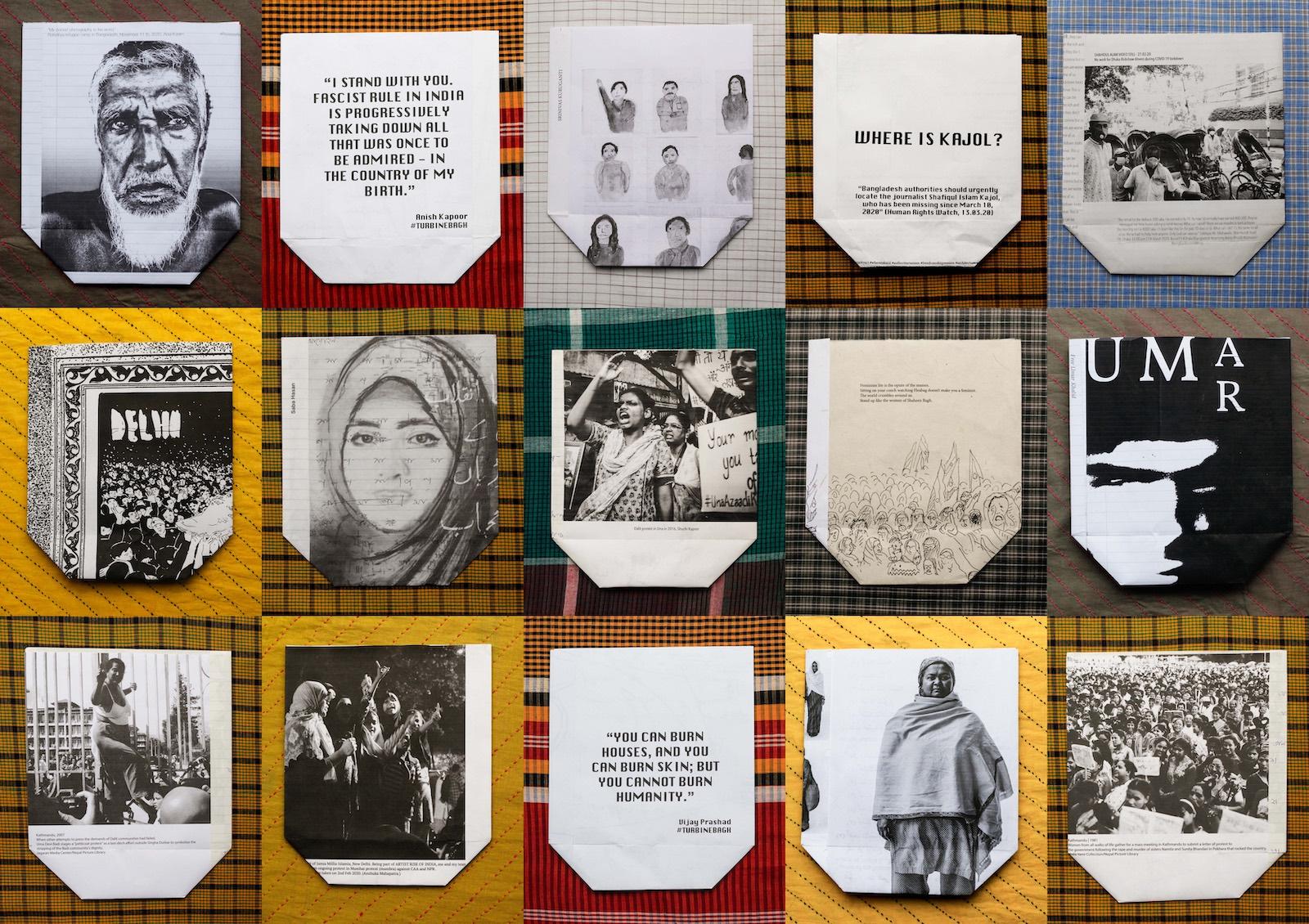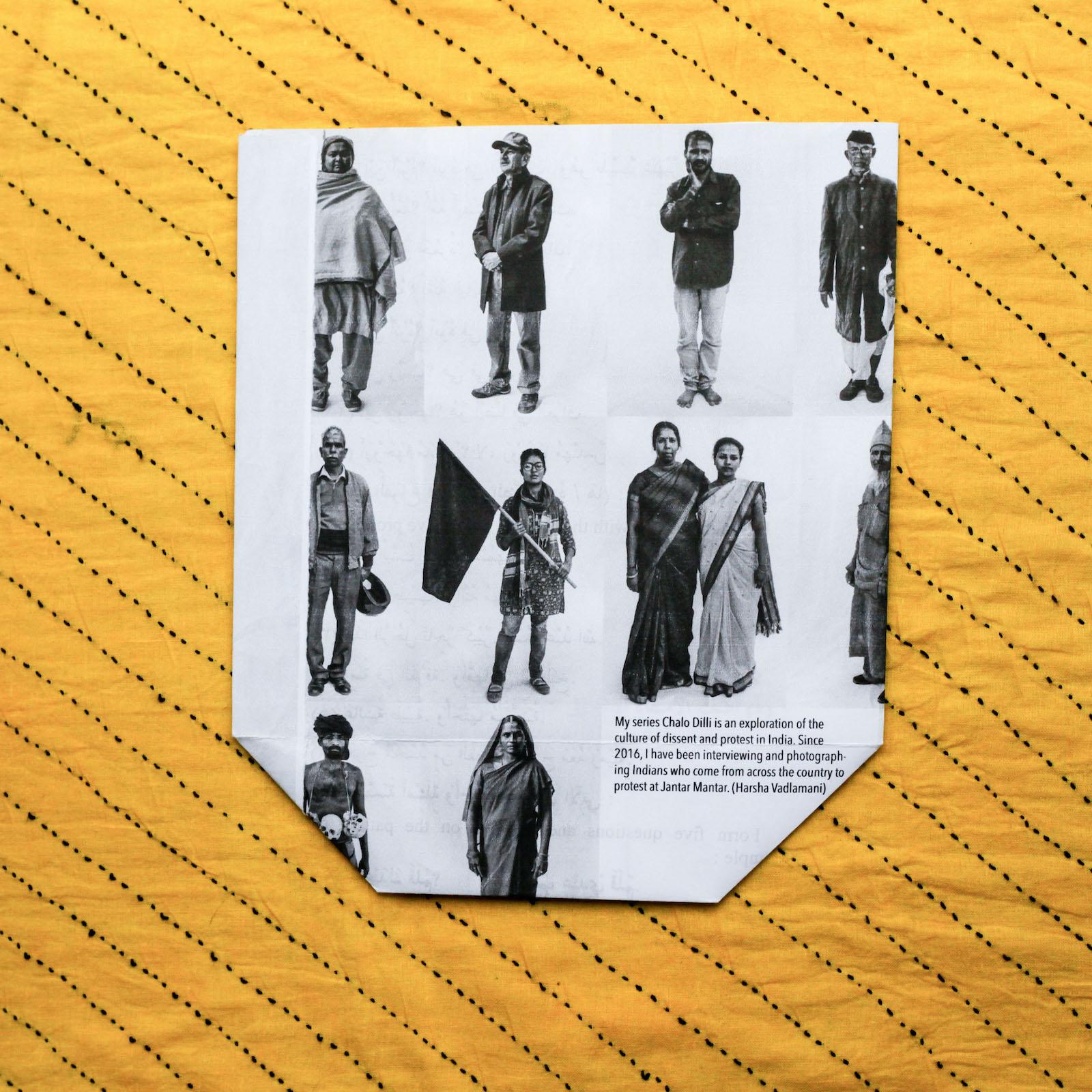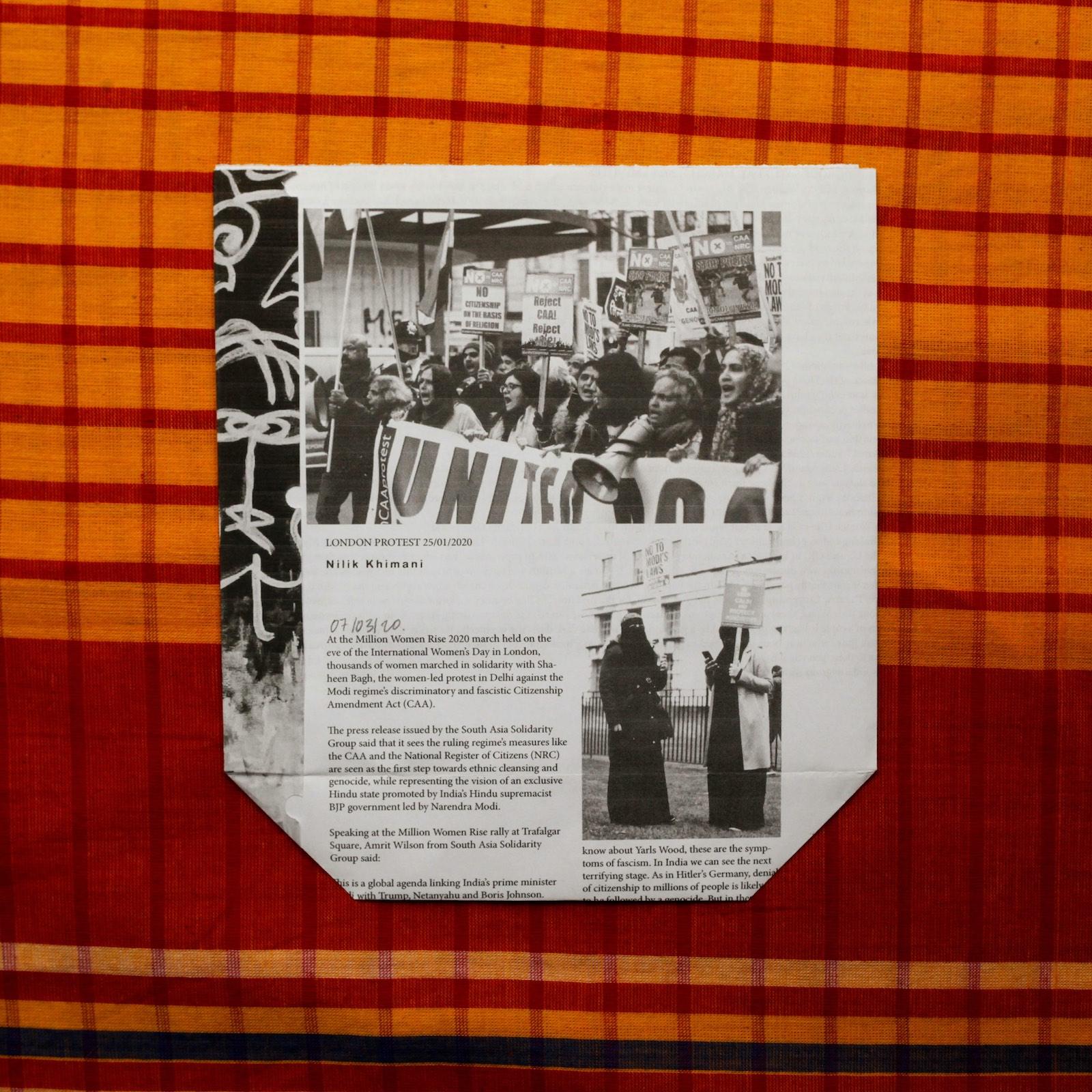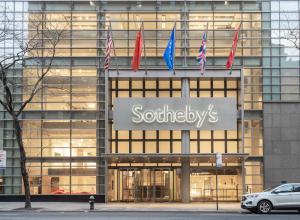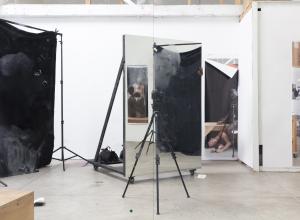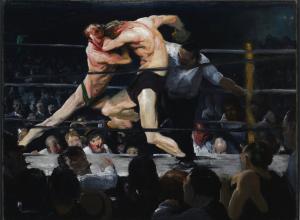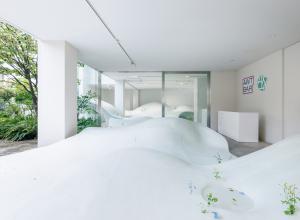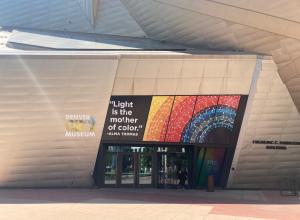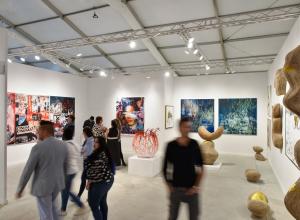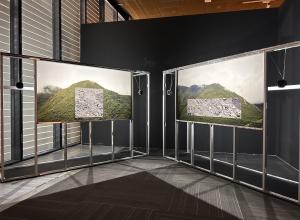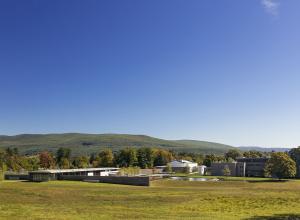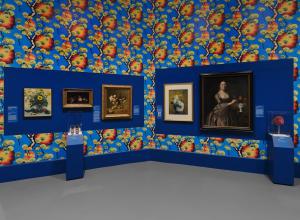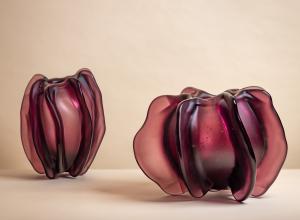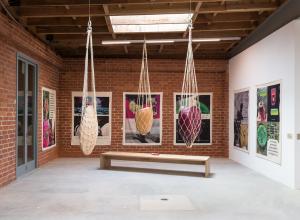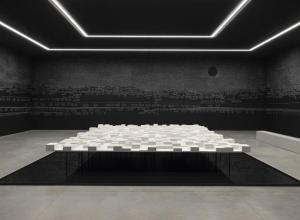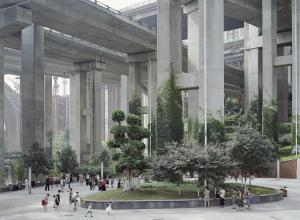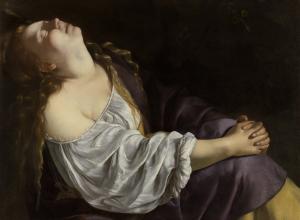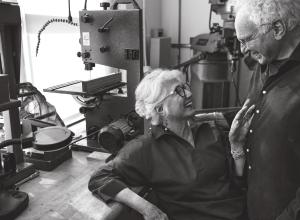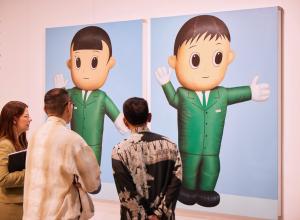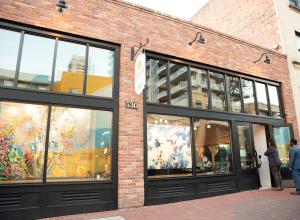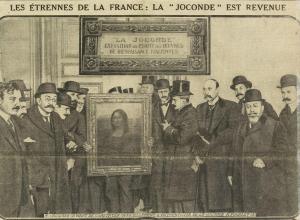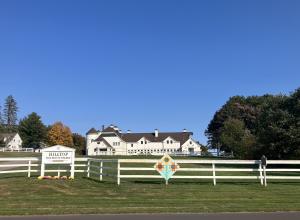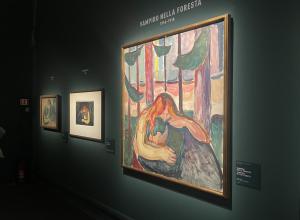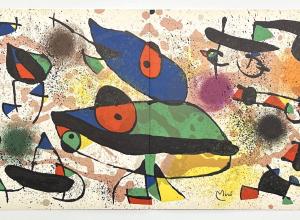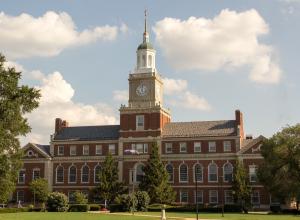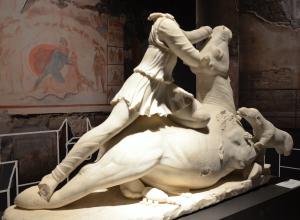Karim’s dedication to Turbine Bagh is not only artistic but deeply personal. Her uncle, the Bangladeshi photographer Shahidul Alam, was arrested in August 2018 after having criticised his country’s government during an interview with Al Jazeera. “The UK and its allies are often complicit in many of the things we are fighting against whilst the public follows constructed narratives without rigor,” she explains. “They will talk about China, Iran, or Russia in terms of repression but when it comes to India the chat is all yoga and meditation. They [...] seem to have little awareness of Hindu, or Buddhist nationalism.” Alam was granted bail in November 2018 after the Bangladeshi government received pressure from humanitarian organisations, news media, and intellectuals from all over the world.
Karim was shortlisted for the Jameel Prize for Turbine Bagh which includes the installation Samosa Packets, a collection of paper bags crafted from photographs, poems, and newspapers that aim to create awareness on specific political issues such as feminism, Nepal’s women resistance, and the CAA. Traditionally, samosa packets are crafted with discarded papers and quickly thrown away. The purpose of Karim’s samosa packets is the opposite: these packets are to be seen and acknowledged. The packaging becomes, for once, more important than the content. “My family—three generations of us—are part of this work. Everything was made in my mother’s house whilst cooking, childcare, and daily comings and goings continued. The Free Shahidul campaign meetings for my uncle also happened in that house. My work, family, and activism are all combined.” Yet, it is not only a family affair. International figures such as British sculptor Sir Anish Kapoor, Indian author Arundhati Roy, and actress Sharon Stone, among many others, have supported Turbine Bagh and the Samosa Packets movements.




